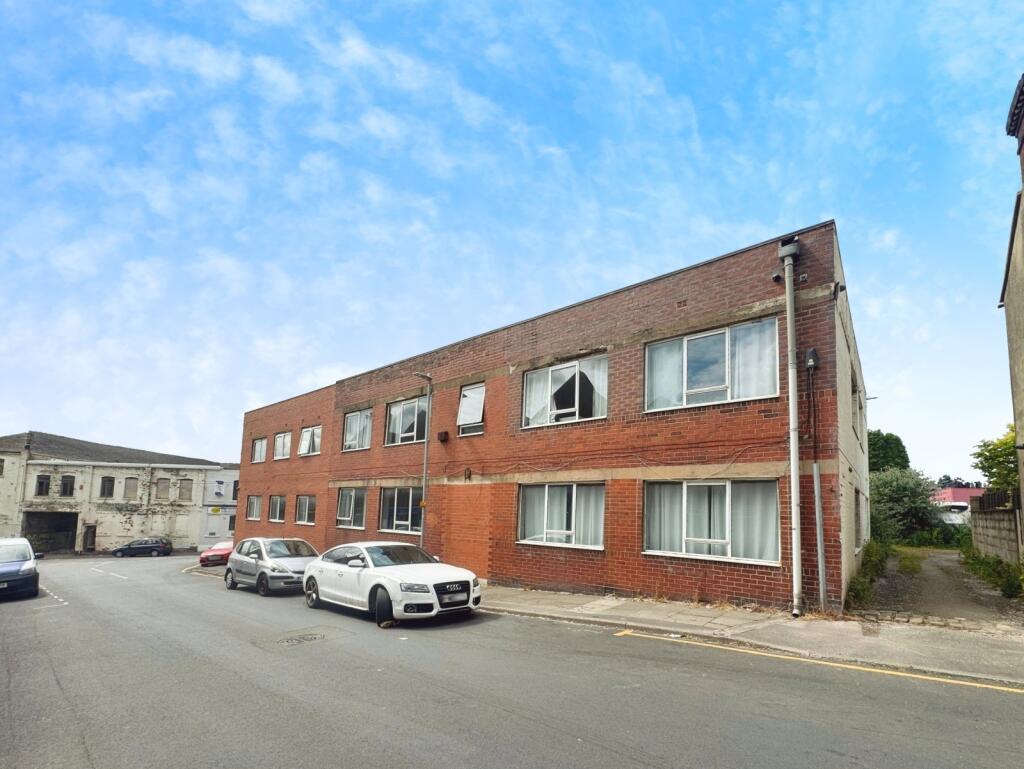The thing is this gravy train is already under strain and it's only going to get worse - not only do we have the triple lock (which simply won't be affordable) but with younger generations becoming work shy and the flood of low quality immigrants then various parts of the state will become increasingly unaffordable - benefits and entitlements will inevitably need to be cut, including the disability benefits currently being grifted by so many.
Nic 30ans is having to pay for all of this - the boomers living in paid off homes collecting their triple locked pensions, the workshy young and the asylum seekers in their hotels are all reliant on a shrinking portion of the population to fund them - many of whom can't necessarily afford to buy a home for themselves.
Also re: property affordability:
While getting onto the housing ladder today is worse than it was in the 00s (for good reason, we don't want another 2008) it's extremely overstated how bad it is.
I.E all over social media you can find memes about how Bob bought his house in the 70s for 3.5x his wage and you can't do that today, but the reality is not only can you still do that today but for 3.5x the average wage you will get an even better house than Bob bought in the 70s.
The general issue is that (A) people assume every boomer/Gen-Xer could get a mortgage when in reality lower earners never could.
And (B) they look at the the houses they bought back then and judge them on how they stand today after tens/hundreds of 1000s of investment (accounting for inflation) and think they should be able to buy that with a 3.5x mortgage, instead of judging them on how they stood back then and realising they can buy somethign like that or better today for ~3.5x the avg wage.
That's simply not true - the biggest issue for housing is the lack of supply and no you can't get anywhere close to the sort of housing that you could have done as a young boomer - anything invested in repairs or improvements is trivial in comparison to the price rises we've seen.
The mean income to house price ratio was around 4 back in the 70s and early 80s so yes getting a 3.5 times mortgage + deposit was fine for purchasing a home - that is absolutely not the case today, let alone any claims of getting a
better home!
That ratio has more than doubled to like 8 now (it's even as high as 12 in London) it's usually requires a much larger amount saved (inc adjustments for inflation) and a far bigger mortgage relative to income that boomers would have typically faced.
Typical house prices are now around 8.8 times the average earnings, new data from House Buyer Bureau has revealed.

www.mortgagesolutions.co.uk
House Buyer Bureau found that the average house price throughout the 1970s was around £9,277, the equivalent of £68,493 today after adjusting for inflation.
At this point average earnings were around £2,265, or £16,723 in today’s money, meaning an income to house price ratio of 4.1.
According to the study this ratio moved to 4.2 times income during the 1980s, and then dropped to four times income during the 1990s. However, it has been climbing consistently since then, hitting 6.4 times income during the 2000s and 7.1 in the 2010s.
It has got more challenging still for buyers in recent times, with the average house price this decade reaching £286,489. While average earnings have also grown, to £32,432, that still leaves borrowers looking at an income to house price ratio of 8.8, more than double what would-be buyers faced in the 1970s.
There's a period of a 4-5 years in the late 80s to early 90s where interest rates went mad and sales dipped significantly then but in general the sorts of houses an ordinary doctor, lawyer, accountant or other professional could by back when the boomers were starting young families is completely out of reach of comparable professionals today - someone moving into the same neighbouhoods in the South or in the Midlands these days might need to pay £1M+ for a home and the average millenial doctor, solicitor or accountant can't afford that - maybe investment bankers, barristers and some big tech employees can.
It's absolutely harder for current younger generations to afford
equivalent housing let alone
better and that's simply because the building of new housing hasn't kept up with population growth, inefficient allocation perhaps has a part to play (we allow boomers to occupy prime central London flats or large family homes with multiple spare rooms in return for minimal property taxes - our capped council tax system) but the main thing is supply and we'd not need to worry so much about efficient allocation if we had the supply issue sorted.
The silly thing is that of course many millennials will be fine, at least in their 50s or 60s etc.. as they'll end up inheriting these expensive family homes from their parents. We've basically completely stifled social mobility via our planning system artificially constraining the building of new homes.


 What's this rent thing you talk of?
What's this rent thing you talk of?




